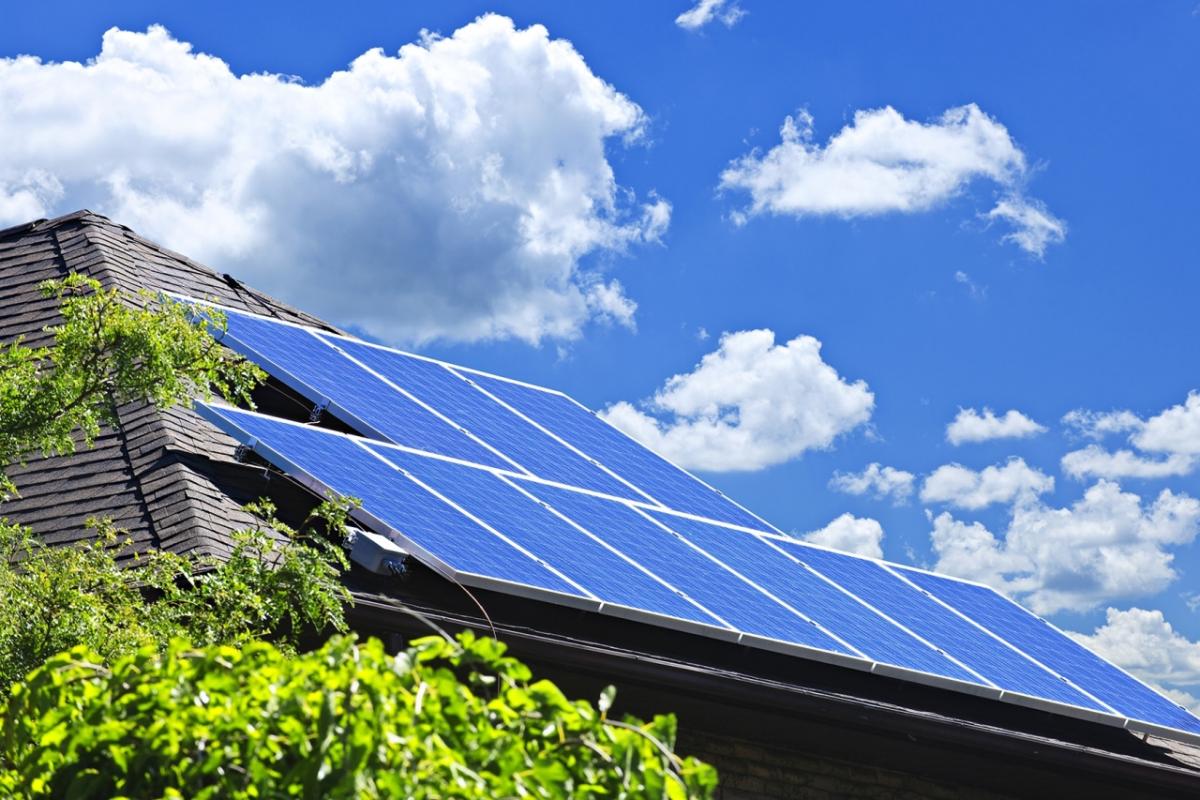SCE Supports California Climate Goals With New Electrification Pathway to 2045
by Caroline Aoyagi-Stom

The now-constant threat of wildfires in California driven by climate change signals a climate crisis we can no longer ignore. Greenhouse gas reduction to address climate change is critical, will require urgent action and will take many years to achieve. Simply stated, we cannot wait.
SCE released its white paper “Pathway 2045,” on Nov. 4, 2019. The report examines the profound changes that will need to take place for the state to reach carbon neutrality by 2045. The pathway builds on the utility’s "The Clean Power and Electrification Pathway” released in 2017.
“Pathway 2045” concludes that “reaching California’s 2045 greenhouse gas goals is possible but will be a significant challenge for the state and requires a near-complete transformation of how the state sources and uses energy across all sectors of the economy.”
“While SCE is primarily focused on its near-term actions to keep our customers and communities safe, we must also engage with state policymakers on needed longer-term solutions. All Californians must contribute if we are to succeed in getting to our 2045 goals,” said Pedro Pizarro, Edison International president and CEO.
The “Pathway 2045” white paper outlines how economywide decarbonization can be achieved, including:
- Deep decarbonization of the electric sector, which is already underway;
- Significant electrification of transportation and buildings coupled with advanced energy efficiency; and
- Use of low-carbon fuels for hard to electrify applications such as industrial uses and heavy-duty, long-range goods movement.
To meet the state’s 2045 carbon-neutrality goals, the electric sector will need to decarbonize more quickly than is currently mandated. The paper estimates that 80 gigawatts of new utility-scale clean generation and 30 GW of utility-scale energy storage will be required over the next 25 years. Energy storage will be essential because wind and solar are intermittent energy resources.
Distributed resources will also grow significantly and contribute to a cleaner future, with projections that as much as 50% of California households will have rooftop solar, driven by improved economics, building codes and supportive but equitable policies. An additional 10 GW of behind-the-meter storage will be installed to help utilize excess solar energy and support customer resiliency.
Lowering the cost for electric vehicles and increasing the number of charging stations will be needed to prepare for 2045. In 25 years, three-quarters of light-duty vehicles, two-thirds of medium-duty vehicles and one-third of heavy-duty vehicles will need to be electric. And by 2045, almost three-quarters of space and water heating will also need to be electric.
The clean energy investment required to meet the state’s 2045 goals is a tremendous economic development opportunity for California. It is estimated that about $250 billion in clean energy and grid investments and thousands of skilled jobs will be created. The pathway also notes that robust, targeted policies are needed to encourage adoption of new technologies and programs.
Efficient electrification of the economy will mean increases in the amount of electricity customers use. The increases will be offset through reduced consumption of diesel, gasoline or natural gas, creating overall savings for customers who go all-electric.
The pathway also acknowledges the importance of operating a reliable energy system as more customers electrify, stating: “Electrification will further increase customers’ reliance on the grid, underscoring the need to build in additional resilience to withstand the more frequent and severe weather conditions due to climate change impacts.”
"Most importantly, all California residents will benefit from cleaner air, greatly reduced greenhouse gas emissions and the new economic opportunities identified in the plan,” said Pizarro.
To read the full “Pathway 2045” white paper: edison.com/pathway2045

